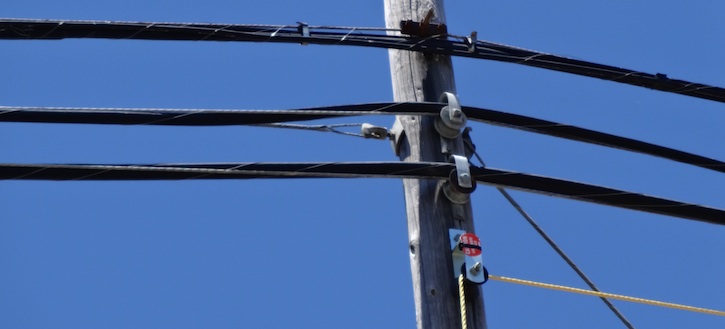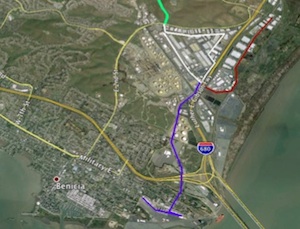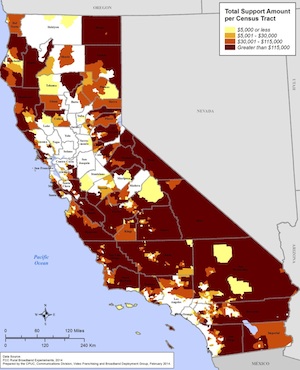Chattanooga forces Wheeler's hand: tear down muni broadband barriers

The City of Chattanooga formally asked the FCC yesterday to throw out a Tennessee state law that prevents it from extending its fiber-to-the-home network to surrounding areas. In doing so, the city is asking FCC chairman Tom Wheeler to make good on his high-sounding rhetoric about pre-empting state restrictions on municipal broadband.
The filing is a goldmine of information. The petition itself was written by muni broadband legal expert Jim Baller, and the attachments provide a wealth of case study material on the Chattanooga project specifically, and the history of muni broadband regulation and legislation in general.… More









